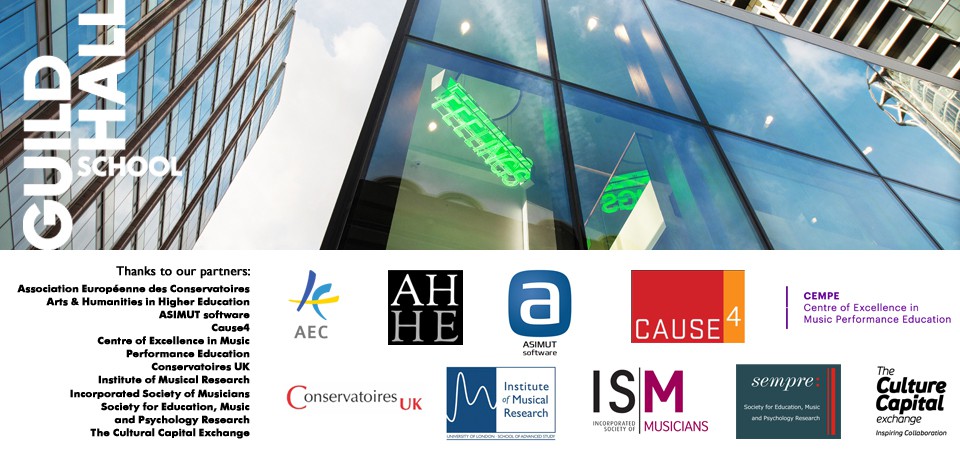Heidi Partti, postdoctoral researcher at the Sibelius Academy, University of the Arts Helsinki, Finland, reflects of the responsibility for higher music education to support students in developing as activists, empowered to see themselves as agents for social change. Please add your comments in the “Leave a Reply” box below.
Advancing student well-being through a culture of activism
They are all sitting on the floor, vigorously writing in their notebooks. It is Saturday morning, and I’ve been given a task to facilitate a workshop for music education undergraduates that focuses on issues related to this hectic period of their life in higher education. Together we aim to identify some of their most pressing challenges, and to search for coping solutions.
After some intensive working, both individually and in pairs, the students start sharing and discussing their thoughts with the whole group. One student speaks out:
“I hate the constant feeling of guilt! The sense that nothing is ever enough, and that pursuing anything that is not directly related to my studies is wrong.”
The whole group nods in agreement. Somebody else continues:
“I know what you mean. I feel like the general message in our university is: ‘Do more, and do it faster!’”
Again, lots of nodding and some knowing chuckles.
If I didn’t know any better, I would probably mistake these students for a bunch of lazy and ungrateful youngsters, who should do themselves a favour and stop complaining. But I do know better. They do understand how fortunate they are: each of them has been selected to join our institution on the basis of an extremely tough entrance examination. And they are hard working: in addition to mandatory studies in music education, most of them have chosen a variety of optional studies to advance the versatility of their musicianship. Many of them are also already working as professional performers.
But surely, a student in their twenties should be able to cope with haste and pressure. What really is the source of anxiety for these students?
The more I listen to the students’ discussion on that Saturday morning, the more convinced I become that the heart of the matter is not the pressure of speed in itself. Certainly, it is beneficial to learn about time management and to take a good look at one’s every-day habits. We become what we repeatedly do. But as occupational psychologists remind us, stress is less about the amount and urgency of work and more about the sense of uncertainty and insecurity. We tolerate – and may even enjoy – hustle and bustle as long as it is for something. The moment that sense of direction is lost, the speed starts to consume us.
Therefore, the importance of supporting students’ growth into ownership of their learning process and agency as artists and professionals should be infused throughout the curriculum and practices in our higher music education.
On the one hand, this means that students must be encouraged to design and follow their own learning and career paths. How much do we allow them genuine freedom to explore, take risks, and even to fail in our institutions? How much do demands we put on students reflect our own ambitions? Do we dare to urge students to stop, look, and listen, to do this frequently, and to commit themselves to reflecting on their choices?
On the other hand, learning to live one’s life authentically is crucially interconnected to one’s dialogical relations with others. Part of human well-being is maintaining a sense of significance based on the ability to envision one’s life as part of something greater than oneself. How are we, as teachers and educational leaders, deliberately advancing a culture of activism within which students are empowered to see themselves as change agents and raise their voices as artists and pedagogues for a more socially just and inclusive world?
The time that a student spends in higher education provides a unique opportunity for them to become equipped with skills and attitudes that will help them navigate through life’s various demands and pressures (set both by themselves and others). It is both a privilege and responsibility of the higher music education institute to prepare students to make their own journey successfully and to help others along the way.
Dr Heidi Partti is a researcher, educator and musician. Heidi works as a postdoctoral researcher at the Faculty of Music Education, Jazz and Folk Music at the Sibelius Academy, University of the Arts Helsinki in Finland, where she also teaches research methods and supervises the writing of Masters theses.
